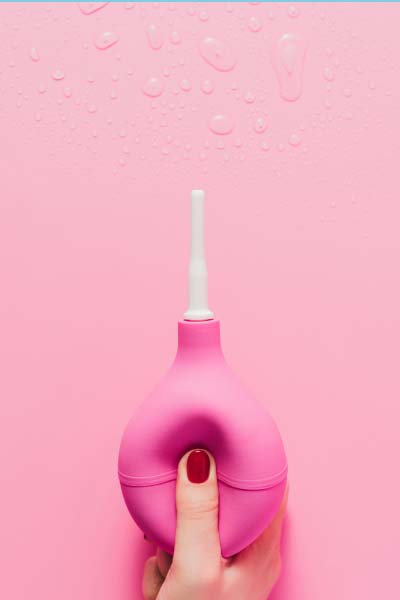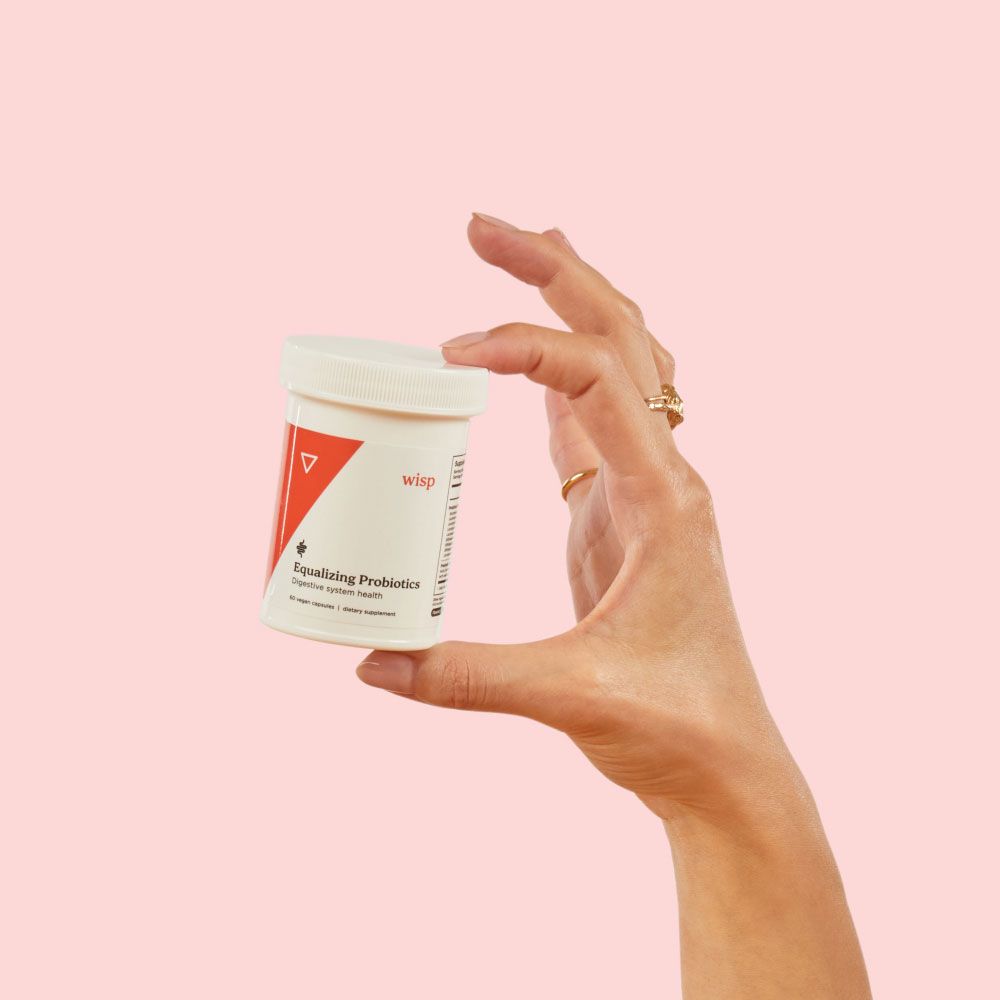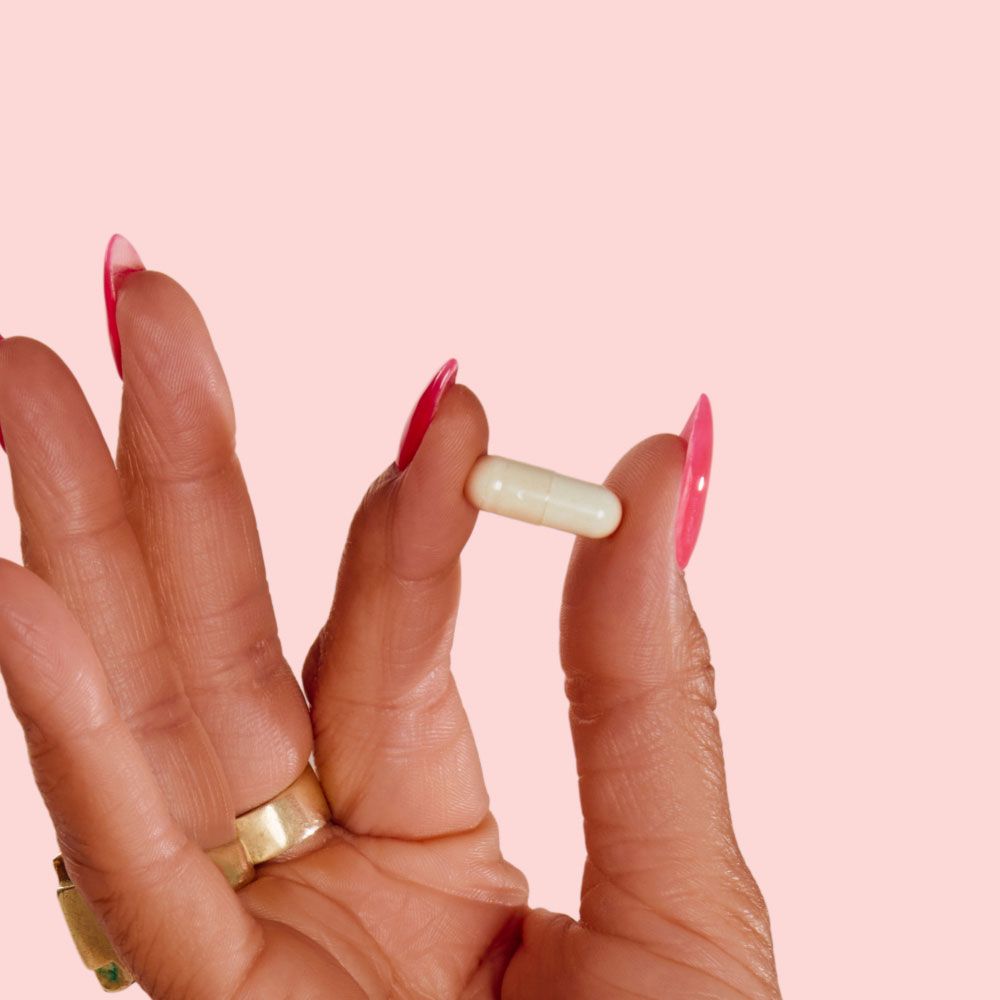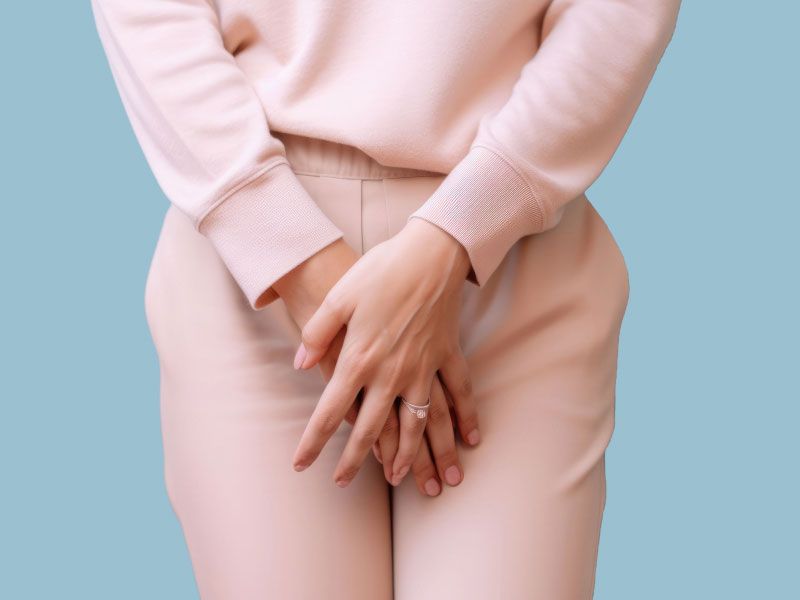
Everything You Need to
Know About Douches
(And Why You Should
Avoid Them)
By Kate Monahan
February 4, 2021
Douches
Throughout human history, women have been sold on countless ways to keep their vaginas clean. There’s always some new application of powder, soap or serum, that salesmen “guarantee” keeps the “evil forces” of odor and disease at bay. One of the most enduring home remedies for vaginal odor is douching. Although the thought of cleaning your vagina with liquid doesn't sound too different from a bath, douching takes this idea to the extreme by shooting a harsh solution, generally involving vinegar or hydrogen peroxide, into the vagina.
The unpleasantness of this process, as well as the un-researched and unproven “science” behind douching, has perhaps led to the term being applied to humans without vaginas who act abrasively and don’t know what the hell they are talking about, as in “That guy yelling back at the bar was acting like a total douche!”
Over the years, douching has been "prescribed" by salesman and male doctors as a treatment for a full list of reproductive conditions, including infertility, odor, freshness and infection. It’s obvious today, that each of these applications fails to meet basic observations about how vaginas work. Douching with apple cider vinegar not only disrupts our bodies' ability to balance pH, it can be extremely painful!
So why are douches still available at many drugstores in the United States?
Let's explore a little more about douches, why it's best to avoid them and how you can keep your vagina healthy by supporting your body’s natural balance.
What Is a Douche?
While a douche takes many forms, the basic design includes a water-tight container with an applicator that is inserted into the vagina for flushing. Many douching home remedies exist, but the most common method consists of water and vinegar; additional antiseptics and fragrances are also frequently added. Whether you buy a pre-made douche, or make your own douche at home, the next step is to spray the liquid through the tube into your vagina. Surprisingly, although douching presents a recognized health risk, supermarkets and drugstores still continue to sell many of these products.
Douching vs. Washing
Douching products are meant to be used inside the vagina — fluid is inserted into the vagina as a way to “flush it out,” but this method often causes more problems than it solves. A better alternative for cleansing down there is to use a body wash with gentle ingredients that is formulated for the delicate skin around your vagina. Luckily for you, Wisp has just what you need — our Balancing Wash is doctor-approved and specially formulated for your most sensitive skin. Work it into your shower routine, or use it before and after sex to wash away harmful bacteria that can disrupt your natural vaginal balance.
What Are Douches Used for?
Even though there is no evidence that douches have any benefits whatsoever, women may use them for the following reasons:
- Preventing a sexually transmitted infection
- Getting rid of foul vaginal odors
- Preventing an unwanted pregnancy
- Rinsing the vagina of menstrual blood or semen
One important thing to remember is that douching doesn't actually help you address any of these symptoms. Although you may temporarily feel fresher down there, douching can make matters worse by altering the vagina’s natural ability to clean itself.
Does Douching Cause Yeast Infections?
Douching is very likely to cause yeast infections since it messes with the natural balance of your vagina. A healthy vagina has a balance of bacteria that prevents yeast from overgrowing. When you disrupt this balance, an abundance of yeast can take over. When you have a yeast infection, you may experience the following symptoms:
- An itchy and irritated vagina and vulva
- Burning during sex or urination
- A red, swollen vulva
- Vaginal soreness and pain
- Irregular vaginal discharge (may look watery or like cottage cheese)
Although washing away your irregular vaginal discharge may make sense in theory, douching can continue to make the problem worse. It's best to see a medical professional when you are experiencing yeast infection symptoms. They can accurately diagnose your condition and create a treatment plan that works. When you use the right yeast infection medication, you'll begin feeling relief almost immediately.
Is Douching Harmful?
Along with causing yeast infections, douching is harmful in other ways. It can lead to the following health conditions:
- Pregnancy issues: Douching frequently can lower your chances of getting pregnant. That's not to say this is a safe form of birth control, considering it can lead to other health issues for women. If you were to get pregnant while douching, it could increase your risk of having an ectopic pregnancy, which is when the embryo grows outside of the uterus. This can lead to complications for both the embryo and the mother.
- Pelvic inflammatory disease (PID): This is an infection of your reproductive organs, including your ovaries, uterus and fallopian tubes. Symptoms of PID include pain, abnormal vaginal discharge, abnormal vaginal bleeding, fever and chills, nausea, painful urination and painful intercourse. Although PID is relatively easy to treat when you catch it early, who wants to go through the pain?
- Cervicitis: Like PID, cervicitis is commonly caused by STIs. However, women who douche increase their chances of experiencing both of these health conditions. Cervicitis is inflammation of the cervix. You may experience abnormal vaginal bleeding, vaginal pain, backaches, pelvic pressure and painful intercourse. Studies are also finding a link between douching once a week and having an increased risk of cervical cancer.
Is Douching With Water Safe?
If washing your vagina with water is safe, then douching with water-only must be safe too, right? Unfortunately, this is not the case. Even if you remove the vinegar and other additives from your douche mixture, using water can still lead to negative consequences. The main difference is that when you correctly wash your vagina with warm water, you are only rinsing the outside of it. Actually putting the water inside of you can lead to infections and other complications.
How Do I Safely Clean My Vagina?
Remember that a healthy vagina already has systems in place to clean itself. That's why you may occasionally have light, odorless discharge in your underwear. When you still feel like you want to freshen up, follow these steps:
- Make a V with your index finger and middle finger to pull back the outside skin of your vagina and spread out your folds.
- Lightly splash warm water onto the areas multiple times. You don't need soap to wash it, but if you choose to use some, make sure it is mild and free from heavy perfumes. When using soap, only clean the outside of your folds. Avoid getting any soap on the inside of your vagina.
- Rinse the entire area until all of the soap is gone. Throughout the whole process, be gentle with yourself.
- Use a clean towel to lightly pat yourself dry.
When Should I See a Doctor About My Vagina?
Home remedies may seem like the smartest first step while experiencing an issue with your vagina, but many of them make matters worse. If you are ever experiencing the following symptoms, it's time to pay a visit to your doctor:
- Unpleasant-smelling vaginal discharge
- Abnormal-looking vaginal discharge (unusually thick or watery, yellow or green in color or more discharge than usual)
- Burning or itching sensations
- Painful intercourse
- Painful urination
Having a healthy vagina is an integral part of living life comfortably. When something feels off, grabbing a douche at the drugstore may feel right, but remember that it can make your symptoms even more intense. Take care of your wellbeing the right way by seeking proper medical advice. When it's healthy, your vagina is already hardwired to keep itself clean.
Get Yeast Infection Medication Online

Diflucan, Generic Fluconazole (Yeast Antifungals)
Starting at $45
Prescription antifungals used to treat vaginal yeast infections

Fluconazole (Diflucan) 150mg
Starting at $15
The most common prescription antifungal used to treat vaginal yeast infections.

Wisp Equalizing Probiotics
Starting at $18/ month
The Wisp Equalizing Probiotics is a daily supplement that contains 25 billion CFU’s of 9 powerhouse probiotic strains (more “good” bacteria!).

Boric Acid Suppositories
Starting at $27
An over-the-counter vaginal suppository custom-made to help prevent & relieve infections.


